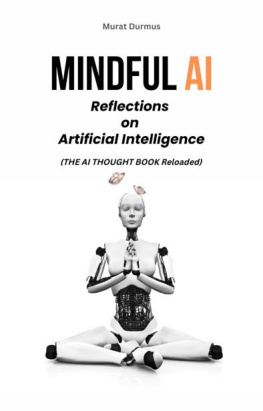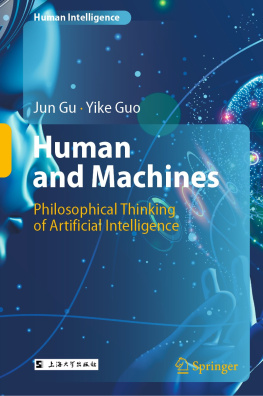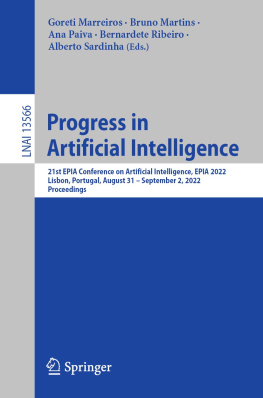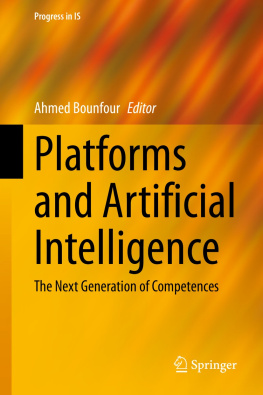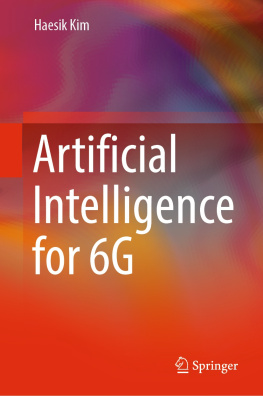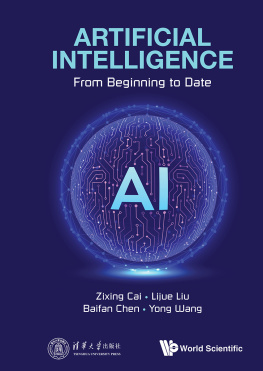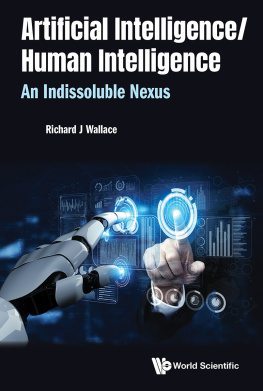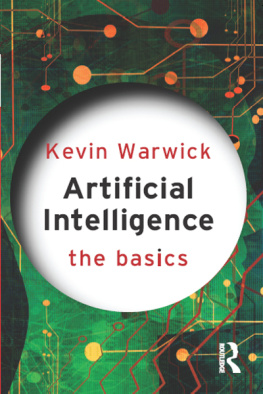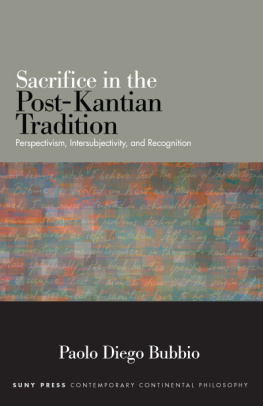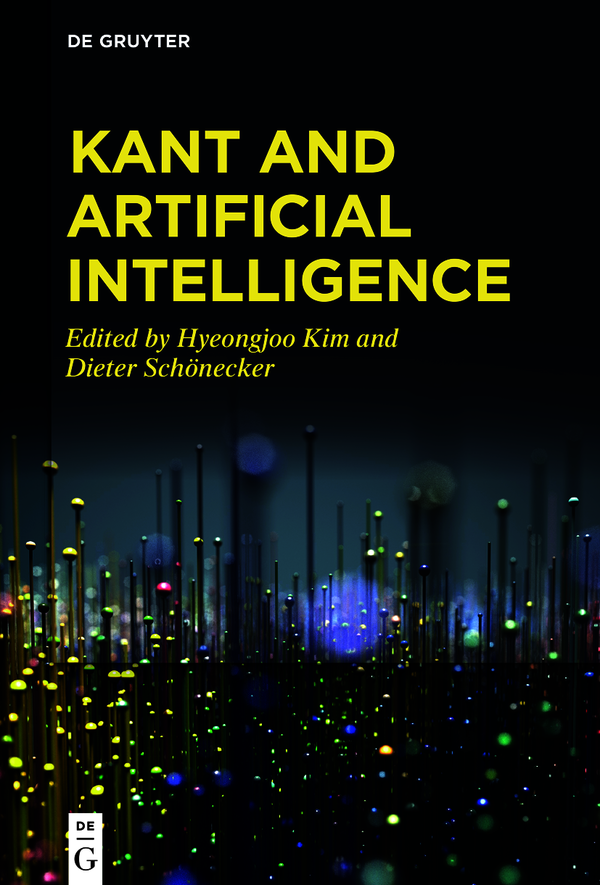This paper reviews several ways in which Kants approach to cognition has been influential and relevant for the development of various paradigms in cognitive science, such as functionalism, enactivism, and the predictive processing model of the mind. In the second part, it discusses philosophical issues arising from recent developments in artificial intelligence in relation to Kants conception of cognition and understanding. More precisely, it investigates questions about perception, cognition, learning, understanding, and about the age-old debate between empiricists and rationalists in the context of so-called deep neural network architectures as well as the relevance of Kants conception of cognition and understanding for these issues.
Introduction
If you follow the headlines, you can easily get the impression that much of contemporary cognitive science is heavily influenced by Kants philosophy. Philosopher Andrew concerns. But although Kant may not have subscribed to all these views attributed to him, such writings present various ideas from his theoretical philosophy as having had or still having an enormous influence on contemporary philosophy of mind and cognitive science.
In this review paper, I will first sketch several ways in which Kants approach to cognition has been influential and relevant for the development of cognitive science. Kants relevance goes well beyond some vapid and superficial similarity of certain concepts; many philosophers claim that Kant already anticipated several tenets of classical cognitivism, enactivism, and the predictive processing model of the mind. In the second part, I will add one more piece to this story by discussing philosophical issues arising from recent developments in artificial intelligence. More precisely, I want to sketch some of the philosophical issues associated with so-called deep neural network architectures and the relevance of Kants conception of cognition and understanding for these issues. As will become clear, the performance of deep neural networks (DNNs) raises important questions about perception, cognition, learning, understanding, and about the age-old debate between empiricists and rationalists; this has led some researchers in machine learning to revive some of Kants core ideas regarding cognition, developing a Kantian cognitive architecture to overcome the shortcomings of existing deep learning architectures.
Cognitive Science Through the Lens of Kants Theoretical Philosophy
Kants general influence on contemporary thinking is unquestioned and familiar. , p. 12). Based on this initial familiarity of Kants stance on issues in the philosophy of mind, cognitive science and contemporary debates, one can reconstruct the historical changes that cognitive science underwent through the lens of various aspects of Kants theoretical philosophy and find traces of some specific ideas of his thinking in the works of cognitive scientists.
2.1 Kant and Functionalism
When John McCarthy coined the term artificial intelligence (AI) in the context of the famous Dartmouth conference in 1956, he described the goal of this project as that of making a machine behave in ways that would be called intelligent if a human were so behaving (
has provided an exemplary theory of perception in this regard.
One claim relevant for thinking about artificial intelligence is that Kant allegedly defended a functionalist conception of the mind. In Kant and the Mind, Andrew .
However, this functionalist interpretation of Kants philosophy of mind faces some problems: Firstly, it ignores Kants peculiar conception of matter as mere appearance, which leads , p. 63).
Whether there is a way of incorporating the notion of spontaneity (with or without its alleged intrinsic self-conscious aspect) and the unity of apperception within a broadly naturalist framework, is an interesting further question that I cannot pursue in depth here.
2.2 Kant and the Cartesian Theatre in the Brain
Whether functionalism provides us with an accurate portrayal of the mind depends partly on the features of the biological implementation of mental functions in human (and animal) brains. Can cognition be conceived of as a set of causal functions in abstraction of the biological features of its realization, such that this set of functions could in principle be realized by a machine using a non-biological realization? Or is cognition a biological phenomenon whose realization depends on the presence of a complex dynamical biological system, namely, an organism (with a brain and nervous system), exhibiting crucially biochemical means of information processing? For example, might mental representational states be aspects of neural computations, i.e., biological, rather than being abstract functions enjoying some independence from their realizers (
In the 1980s, new imaging techniques in neuroscience initiated a research focus on the brain, resulting in connectionist neural network models of cognitive phenomena. They still remained computational and representational, but information (about the coffee mug in front of me, say) was now supposed to be processed subsymbolically; representations were proposed to have a non-linguistic structure (). As we will see in the second part of the paper, this turn towards brain architecture also inspired the more recent machine-learning techniques, with deep learning being the most prominent one.
Against the background of this controversy over functionalist and biological approaches to cognition, it is striking that on the one hand, Kant anticipated certain problems with the precursor to functionalism, namely the identity theory of mind and brain (Cartesian Theatre objection against materialism about consciousness, while on the other hand Kant was also impressed by the brains features that might explain certain cognitive phenomena. This tension can be brought to light by having a look at his exchange with the physician Samuel Thomas von Smmerring.
In 1796, Samuel Smmerring published a short book, On the Organ of the Soul, in which he speculated about the possible function of the liquid contained in the brains ventricles with respect to the unification and separation (synthesis and analysis) of sensory data. Prior to publication, he had an exchange with Kant about his ideas, specifically that of a sensory organ or seat of the soul in the brain. In one of his letters, Kant respects Smmerrings position but expresses his explicit doubts about the general approach, since it is the concept of a seat of the soul that occasions the disagreement of the faculties concerning the common sensory organ and this concept therefore had better be left entirely out of the picture, which is all the more justified since the concept of a seat of the soul requires


